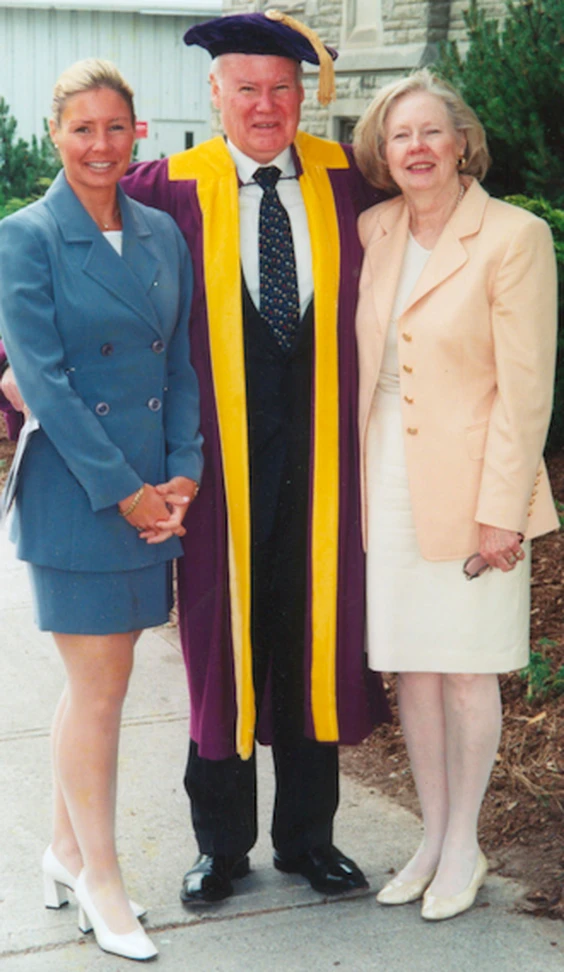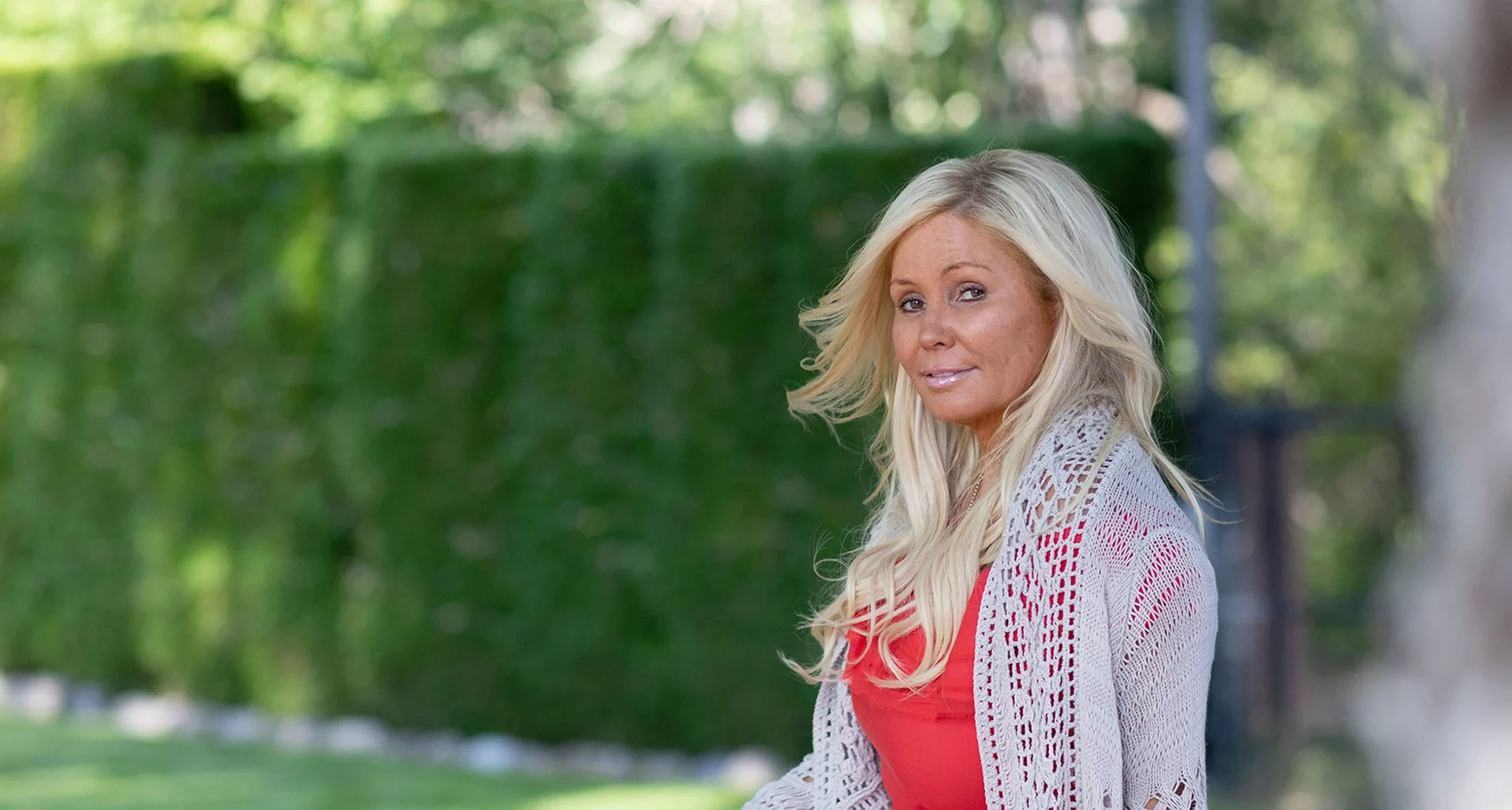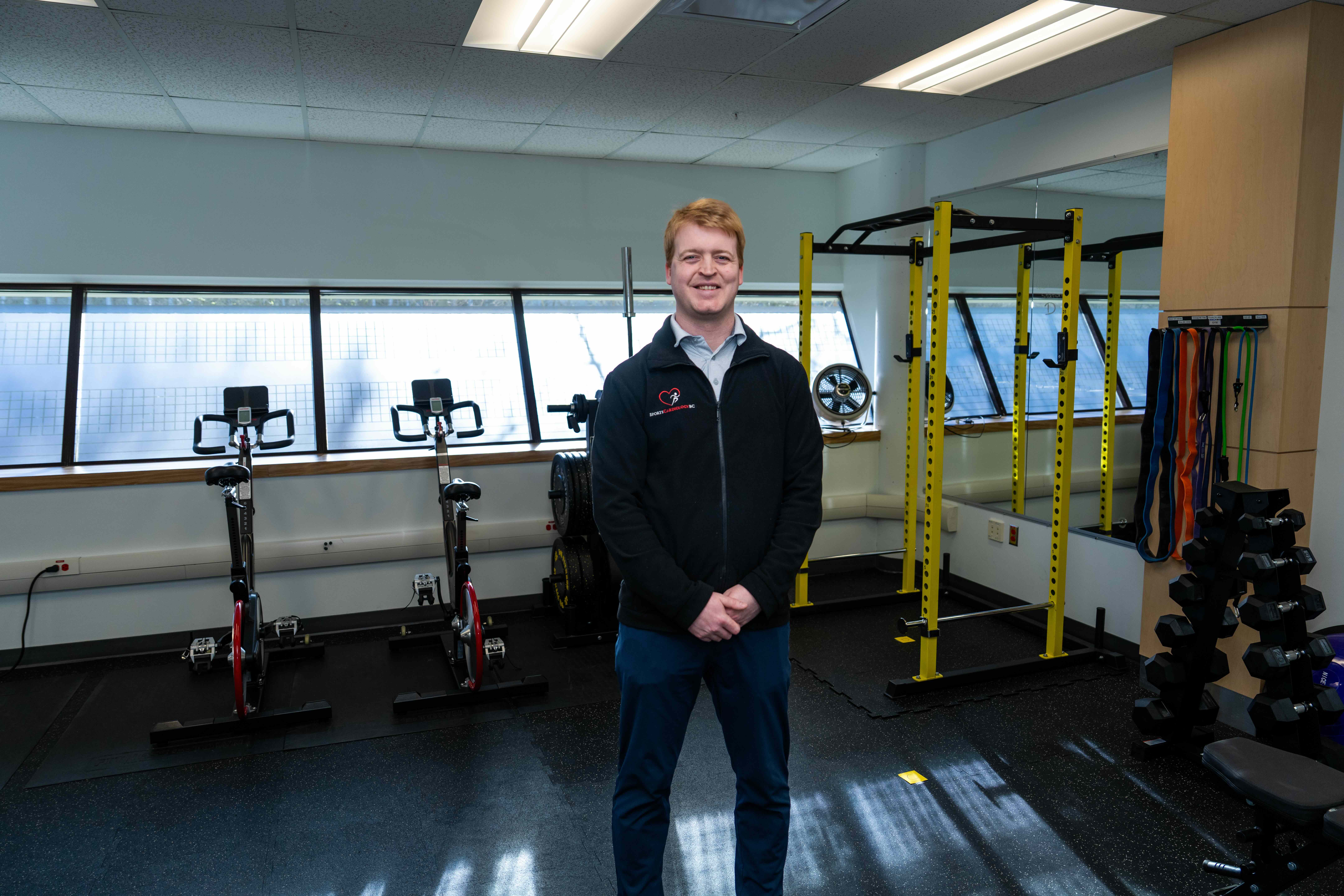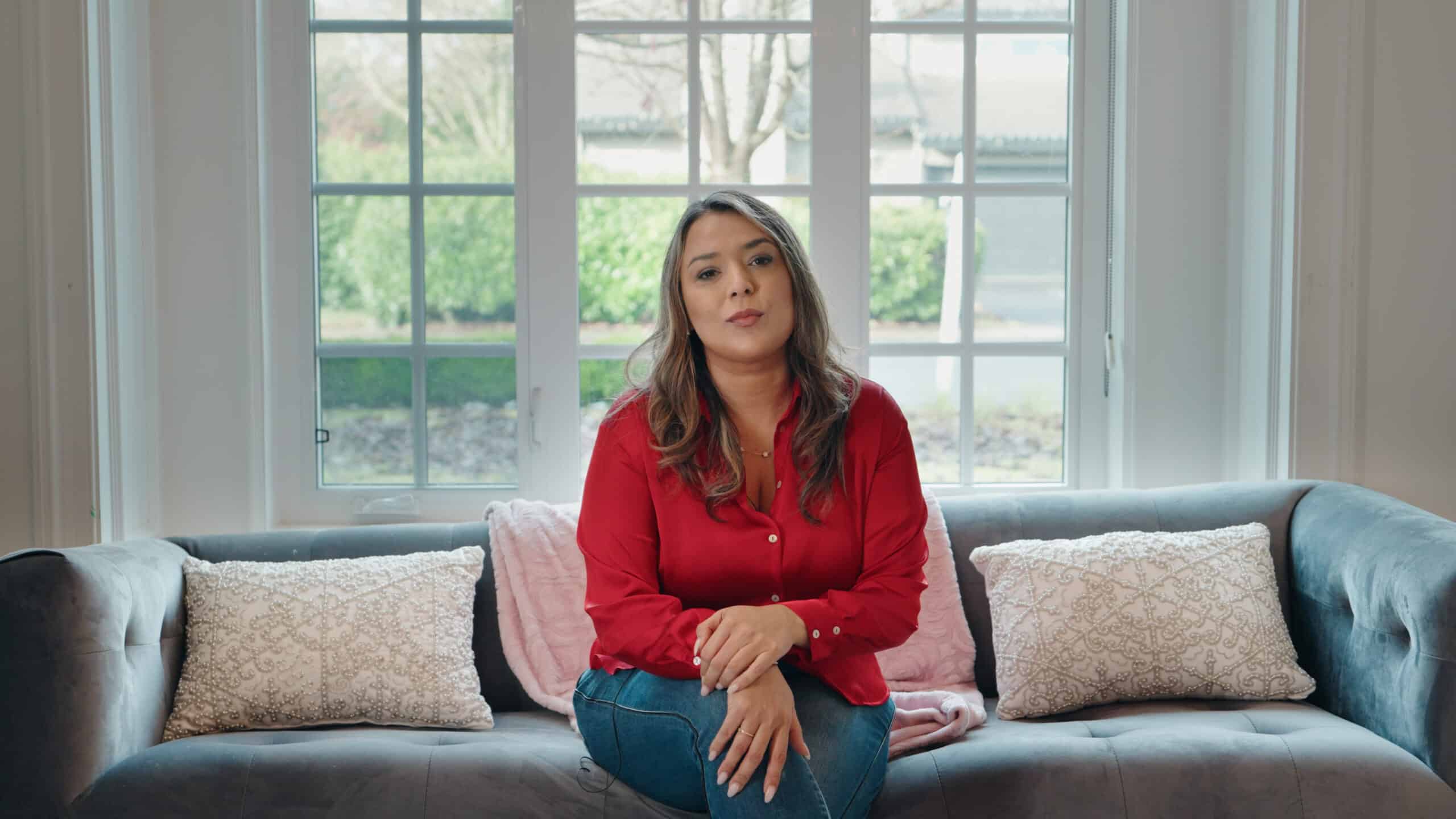When Laurie Rix was 12 years old, she asked her father why a close friend of her mother’s hadn’t been around lately.
“Women’s problems,” he replied with a serious voice and stern look that implied not to ask further questions.
Even at that young age, Rix understood the topic was off limits – too private, too uncomfortable, simply not to be discussed. Rix says it became clear that the reason was the part of the body in question.
“On reflection, I can see why historically women’s health issues were understudied for such a long time and seemingly had a stigma attached to them.”
Her father hadn’t meant to frighten her, but his reaction left an impression.
Subconsciously, Rix believes it may be one of the reasons she’s now so deeply committed to advancing women’s health through the Rix Family Foundation – most recently with a $1 million gift to the Gynecologic Cancer Initiative (CGI) through VGH & UBC Hospital Foundation’s Greater than Cancer campaign.
“The more I learned about women’s health issues, in particular gynecologic cancer, the more I discovered it hasn’t really been studied as much,” Rix said. “I’ve heard the stat that this area of research is about 15 years behind research into male cancers. Considering 50% of the population are women, we need to urgently catch up.”
Where breakthroughs begin

A network of world-class doctors and researchers, the GCI leverages Vancouver General Hospital (VGH) as a distinct surgical site, where patients with the most complex cancers across BC receive urgent, live-saving care.
In fact, VGH is the only place in BC to treat gynecological tumors. And thanks to the groundbreaking work of the GCI, they were the first in the world to demonstrate an effective surgical intervention that prevents ovarian cancer, called opportunistic salpingectomy.
“That was a huge discovery,” Rix said, referring to the GCI as a “dream team. “I’m hoping there will be some other big breakthroughs. Of course, you want to shoot for the moon.”
The GCI has set a goal to reduce death and suffering from gynecological cancer by 50% by 2034 through early detection and protection, more targeted treatment, and improved survivorship care. And they need donor support to help get them there.
“It needs attention,” Rix said. “It needs research and funding. And I really believe there’s so much that can be accomplished.”
Turning heartbreak into hope

Rix’s life has been deeply affected by cancer.
She lost her father, Dr. Don Rix, to the disease in 2009, and then her broadcaster husband, Neil Macrae, in 2017.
Both forms of cancer were rare and aggressive.
Dr. Rix had oral cancer and was the first person in the world to have his tumor genetically sequenced, which enabled him to live for two years after diagnosis because of individually targeted treatment.
After Neil was diagnosed with breast cancer, it was discovered he had the BRCA gene mutation. This led to prostate cancer a short time after.
“Maybe their outcomes could have been different had they been diagnosed now,” Rix said. “Perhaps not curative, but possibly a longer lifespan. Cancer research, discoveries, and transferring new knowledge to the clinic is moving rapidly, which is fantastic. The faster we can get new treatment options to patients, the better.”
Rix took over the Rix Family Foundation after her father passed away, carrying on the legacy her parents started. She is motivated by her personal loss to ensure other families have more time, better treatment options, and brighter outcomes for their loved ones.
When asked how her father would feel about the progress being made, Rix said:
“He would be very envious that he is not here to participate and support this outstanding research. He was a pathologist who worked at VGH before founding LifeLabs, and was a major supporter of many health care initiatives, such as Genome BC.”
“He would love the science, the research, and be excited to see the progress being made. I feel he would be very pleased that our family’s Foundation is doing whatever it can to move women’s health care forward in his absence, and personally I’m happy to play a role.”
With your support, we are Greater Than Cancer. Learn more about how you can help advance cancer care in BC: vghfoundation.ca/GreaterThanCancer.
Share this:



